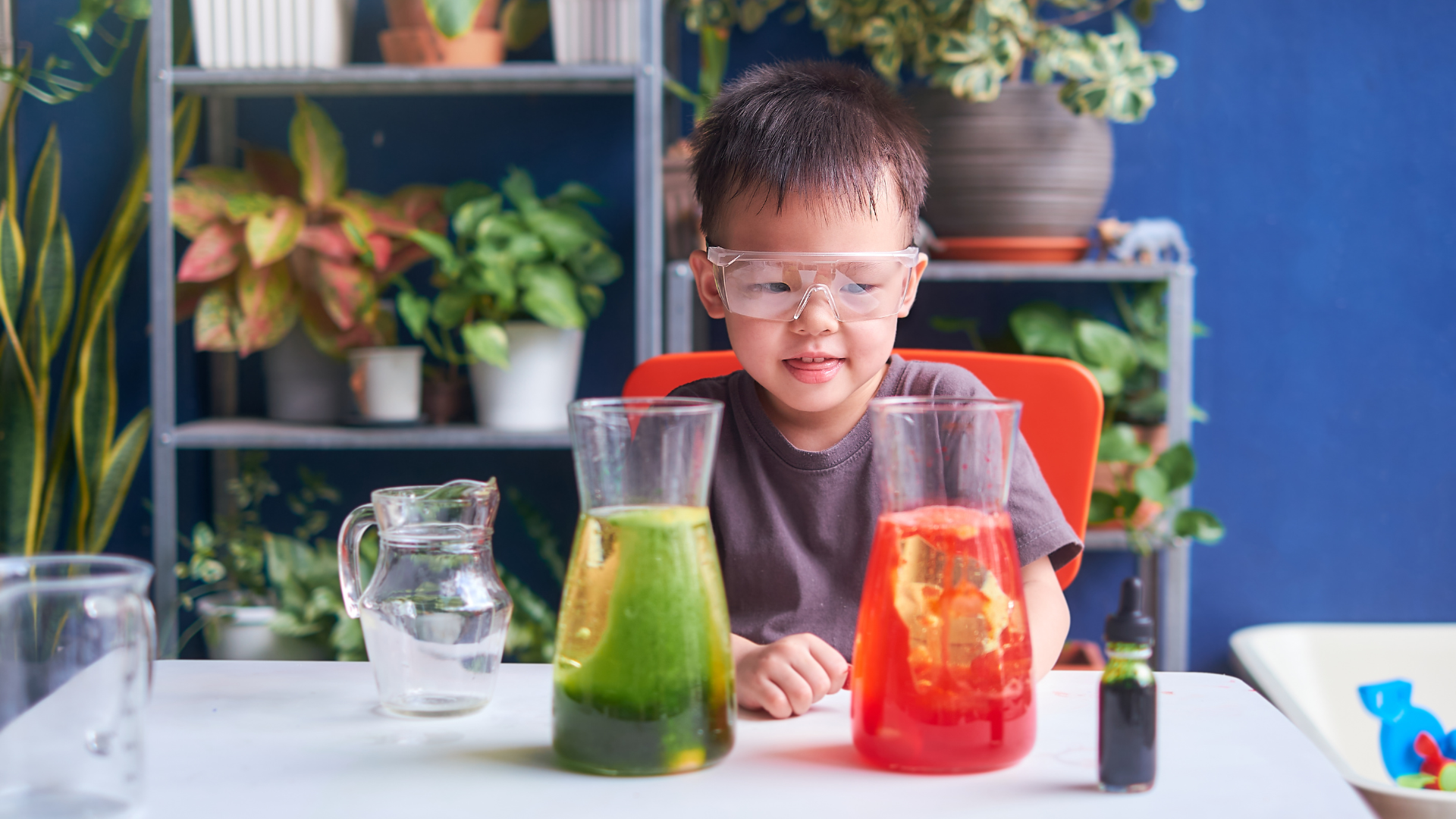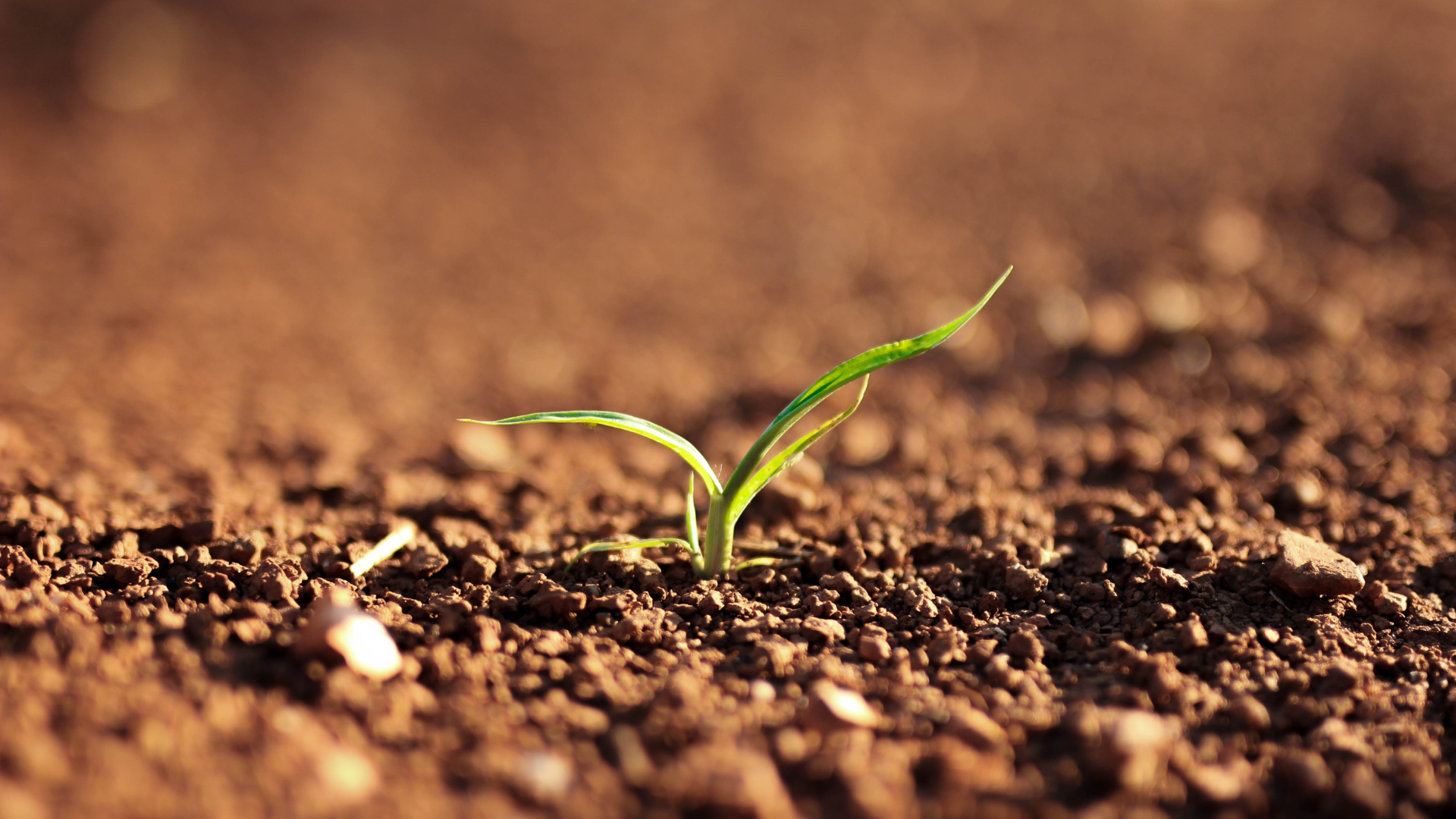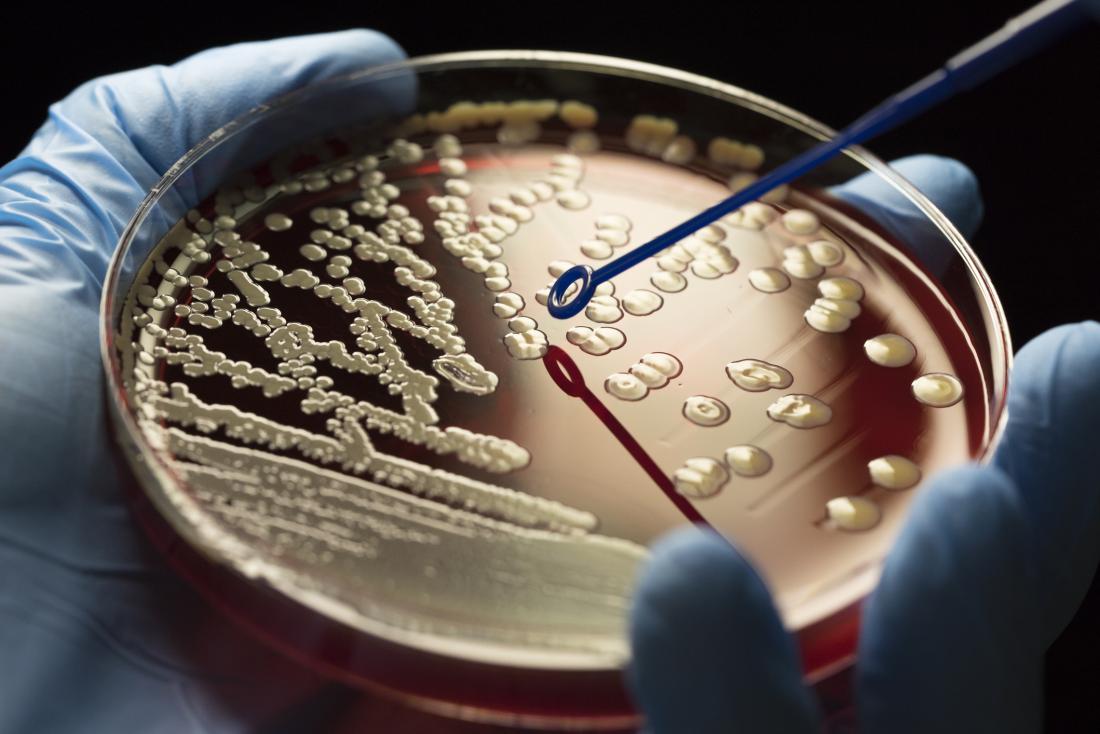What Makes Marijuana So Addictive?
As society becomes more accepting of marijuana use, it’s important to understand the risks behind this popular drug. While many people may argue that marijuana is not addictive, studies have shown otherwise. So, what makes marijuana so addictive? Let’s dive into the science and psychology behind this controversial substance and explore why it can be a slippery slope for some individuals. The Different Types of Marijuana There are many different types of marijuana, each with its own unique set of effects. The most common type of marijuana is called “THC” or “tetrahydrocannabinol.” THC is the main psychoactive ingredient in marijuana. It is what gives marijuana its characteristic “high.” THC is responsible for the majority of the short-term and long-term effects of marijuana use. It is important to note that THC is also utilized in healthcare as it can help with pain management, sleep issues, anxiety, etc. This is why it…
Why Students Must Learn Science At a Young Age
Science is a key subject in school and is important for children to learn at a young age. It provides the basis for many other important aspects of life, such as understanding how things work, how to problem-solve, think analytically, and even how to experiment. Science education also encourages creativity, critical thinking, and collaboration among students. Without it, our future generations may be at a disadvantage when it comes to understanding complex problems or issues. Here’s why all students should be taught science from an early age and the benefits that come with it. Science is Essential for Understanding the World Around Us Science serves as a fundamental tool for comprehending the complexities of the world we inhabit, offering insights into various phenomena and facilitating advancements across diverse fields. Learning about electrical energy can provide a prime example of how scientific knowledge enhances our understanding and drives innovation. By studying…
The Key Role Of A Chemist In Medicines
In this article, we will be exploring the role of a chemist in the pharmaceutical industry. We will take a look at how chemists work with medicines and what the future of their job may entail. The Role of a Chemist in Medicines As a chemist, you play a key role in the development and production of medicines. You work with other scientists to develop new drugs and improve existing ones. You also develop methods to test the safety and effectiveness of new drugs. Your work is essential to ensuring that medicines are safe and effective. In addition to your scientific knowledge, you need good communication and problem-solving skills. You must be able to work well under pressure and meet deadlines. As a chemist, you may work in a laboratory or a manufacturing plant. What is the Job of a Chemist? A chemist is responsible for studying the composition of matter…
Do Beta Blockers Cause Weight Gain?
If you have recently been put on a beta blocker for high blood pressure or other cardiovascular diseases, then you have probably already gone through the side effect list to see what you could potentially be getting. Whilst every medication will have some form of side effect, there is one that people seem to zone in on the most and that is sudden weight gain. Depending on the type of beta blocker being taken, e.g. Metoprolol (Lopressor Toprol-XL) or Atenolol (Tenormin) weight gain can occur, however, these specific ones are older beta blockers, whereas the newer beta blockers like Carvedilol (Coreg) are not usually linked with weight gain. Today, we will go into what beta blockers are, why they contribute to weight gain, and how you can maintain a healthy weight whilst being on them. What Are Beta Blockers? You may have heard about beta blockers, such as propranolol, being…
Science, Scientists, Research, and Experiments
Science is a universal language that can be understood by people in different parts of the world. Its field brings a wealth of knowledge and insight into different aspects of our lives. It also has an ethical perspective and can touch all aspects of our world. This article will focus on the importance of science, scientists, research, and experiments in today’s society. Do you want to know all the different things you can do with science? Read on to learn more. What Is Science? The process of acquiring new knowledge about the natural world through experimentation and observation. People who study it use their knowledge to develop theories about how the world works and then test these theories by conducting experiments. They also use it to improve their understanding of the natural world. Scientists work in a variety of fields, including physics, chemistry, biology, and medical science. They use their…
What Science Tells Us About Autism Spectrum Disorder
Is this a common question parents, educators, and clinicians ask? As researchers learn more about autism spectrum disorder, much new and relevant information can be shared. Although autism spectrum disorder has been a topic of interest for decades, many new facts and studies are emerging which help us better understand autism spectrum disorder. What Is Autism Spectrum Disorder? Autism spectrum disorder (ASD) is a neurodevelopment disability that often causes significant challenges with social interactions. While it was once thought that ASD was common among “high-functioning” children, ASD now affects nearly one out of every 68 children or about 2.5 percent of American children. ASD is also now considered a spectrum disorder, meaning that there are various types of autism and they manifest differently in different people. ASD may be mild, moderate, or severe; some people may only have one form of ASD, while others may have several. Autism spectrum disorder…
Top 10 Biggest Discoveries of 2021 You Should Know
Although the world has been moving forward fast for the past 100 years, the reality is that there are still a lot of new discoveries to be made. When people look back and think of 2021, they will see just what has been discovered during this momentous year. Vaccine for Covid-19 Many of us are aware of the pandemic caused by the coronavirus virus, but did you know that there is a vaccine available for people to build up their immunity? The first doses are rolling out now, so we want to make sure you know what the vaccine does and how it protects you. The vaccine is made to protect against the 2019-nCoV virus, which has been traveling the world and causing deaths, illness, as well as long-term effects on those who have caught it badly. Countries have gone into lockdowns and had to quarantine certain areas to ensure…
5 Ways to Make Soil Less Acidic
Soil is the fertile ground where plants grow as well as is a key component in the growth of many food products. Soil contains living organisms called “microbes,” which help plants break down dead plants and other plant matter and turn them into food. Soil is a finite resource. We have paved over large parts of our country in recent decades, and the soil underneath is now contaminated with heavy metals and other toxins. This damage not only threatens our surface drinking water sources, but the soil itself can also become unstable. In places with hard, rocky soil, like Colorado, we can still grow vegetables, but the produce is lower. Check the pH level of your soil first Soil is one of the most crucial factors for successful gardening. Poorly drained, acidic soil can kill your vegetables, particularly delicate crops like tomatoes, corn, and peppers. Many gardeners add lime or…
Death Screams’ of Bacteria Support Their Comrades Survive Antibiotic Attacks
Swarming bacteria “scream” when they die, warning their fellow bacteria of danger. These screams are not audible; instead, they are chemical alarms that the bacteria broadcast while on they are close to death, an action commonly referred to as necrosignaling. Through necrosignaling, bacteria alert their fellow bacteria to presence of a looming threat and save the majority of the swarm (a bacterial colony that is on the move). When confronted by a threat such as antibiotics, the bacteria’s chemical death cries can provide survivors enough time to go through mutations that develop antibiotic resistance, scientists have reported in a study. Several species of bacteria swim around with the support of long tail-like structures referred too as flagella, which helps them swiftly. And occasionally, bacteria such as Escherichia coli (E. coli) gather in the billions and use their flagella to move together over solid surfaces, as a swarm. “Bacterial swarms are…
What is Consciousness?
Humans once thought our planet was the physical center of the solar system, so it is no surprise that we also think highly of consciousness, the apparently unique quality that allows our species to contemplate such issues. But what actually is consciousness? The subject has been extremely controversial in philosophic and scientific circles. Thinkers have spent an immeasurable amount of time and ink attempting to shine a light on some of the world’s biggest mysteries, such as how consciousness functions and where it is. Throughout a long chunk of history, people have said they’ve wrapped their heads around consciousness through spiritual and religious practices. Even nowadays, a bunch of believers in these stories turn to religious texts and Church Resources to dig into consciousness, and it’s not that surprising that plenty of them feel like they’re getting somewhere. But there’s still a heap of folks scratching their heads, wondering how…










